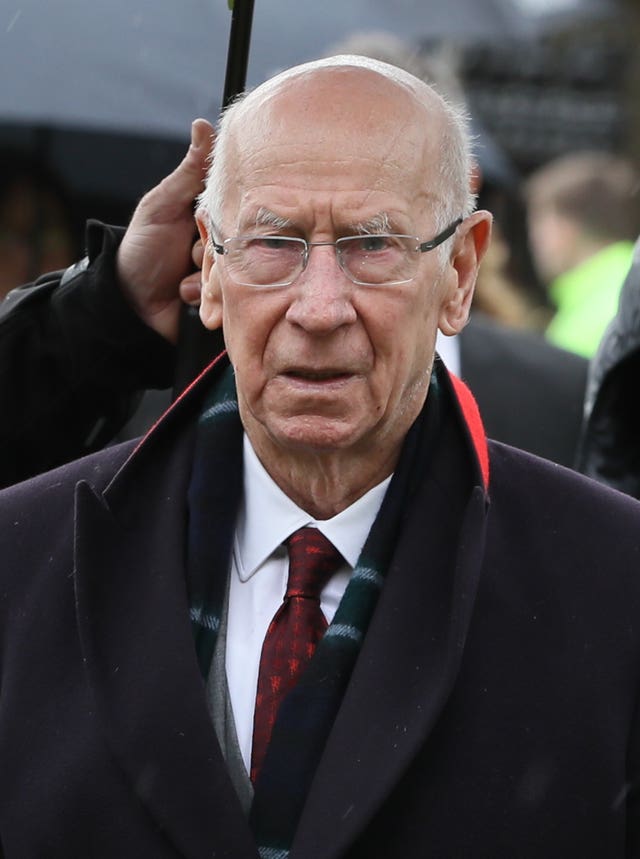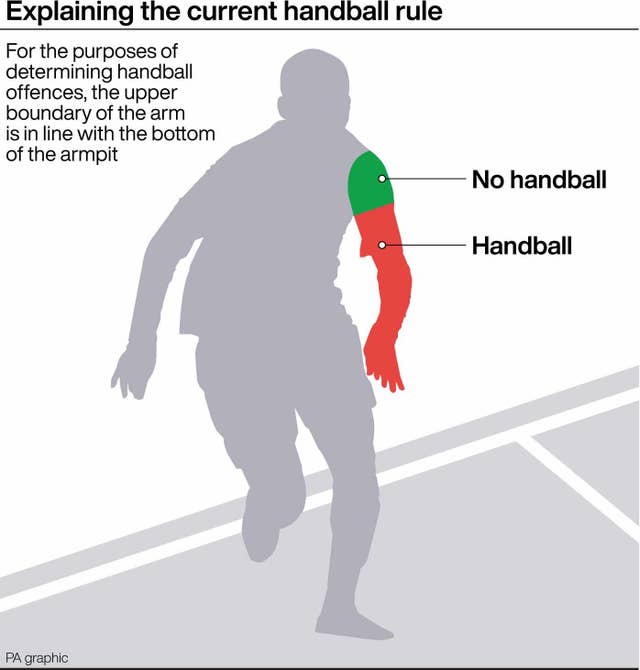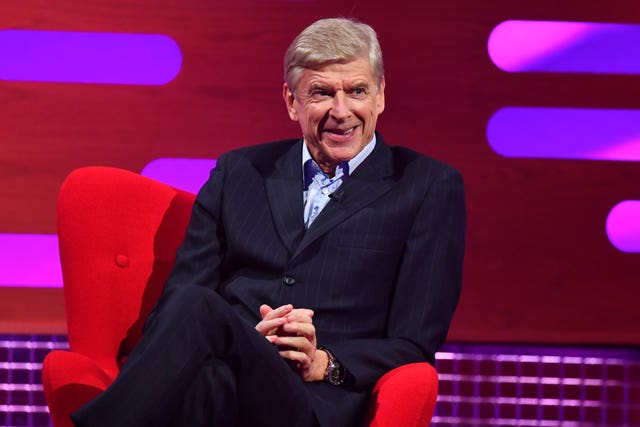
The men’s and women’s FA Cup could feature additional concussion substitutes later this season after the Football Association said it was keen to support the game’s law-makers in conducting trials.
A statement from IFAB said its football and technical advisory panels (FAP-TAP) supported the idea of trialling additional permanent substitutes when a player was suspected to have suffered a concussion “as soon as possible”.
And the FA quickly said it would look to be involved in the trials if approved at IFAB’s annual business meeting on December 16.
[1/3] The Football Association welcomes today’s announcement from the International Football Association Board [IFAB] Football and Technical Advisory Panels [FAP-TAP] in relation to trials of an additional permanent substitution for concussions. https://t.co/xYhcy7Wrfu
— FA Spokesperson (@FAspokesperson) November 23, 2020
“The FA will support the IFAB FAP-TAP’s proposal…with a view to implementing the trials at the earliest possible stages of the 2020-21 Emirates FA Cup and Vitality Women’s FA Cup,” a statement from the national governing body read.
“Player welfare is paramount and we believe that this is an important step to help support players, clubs and medical teams when identifying and managing head injuries and incidents of concussion during a game.”
It comes as the debate around whether there is a link between concussion management and an increased risk of dementia to those who play professional contact sports comes back into the spotlight again, following the diagnosis of Sir Bobby Charlton at the start of the month.

FIFA president Gianni Infantino said in February his organisation wanted to trial additional concussion substitutes at the Olympic football tournament in Tokyo. The Games were delayed by 12 months due to the coronavirus pandemic, but the trial may still go ahead next summer.
The FA and Premier League were both in favour of the additional permanent substitute model at that time too, and continuing with the current three-minute assessment period for players suspected of suffering a concussion.
World players’ union FIFPRO has called for the introduction of a 10-minute assessment period, during which a temporary substitute is permitted who stays on if the player with suspected concussion cannot return.
On handball, the IFAB panels emphasised the need for clarification, over and above what was offered at the body’s annual general meeting earlier this year.

“It was re-emphasised that the final judgment remains with the referee and not every touch of a player’s hand/arm with the ball is an offence and, in terms of a definition of the term ‘unnaturally bigger’, referees should judge the position of the hand/arm in relation to the player’s movement in that phase of play,” an IFAB statement read.
The discussion of handball followed a letter from UEFA president Aleksander Ceferin to Infantino last month in which he talked about the “growing frustration and discomfort” in the football community concerning the law.
IFAB also looked at how changes to the offside law could be introduced and trialled with a view to making the sport “more attractive and dynamic”.
“It was clear that, if any concrete proposal was to be considered, it would need to be applicable at all levels of the game and easy to apply for the match officials, mindful of the dynamic nature of player’s movement,” IFAB’s statement added.
“It was agreed that extensive trials would be necessary before a law change could be proposed.”

It is understood one option the panels considered was a proposal from former Arsenal manager Arsene Wenger, now FIFA’s head of global football development.
The Frenchman has put forward a system whereby a player is onside if any part of his body that can legitimately score a goal is level with the second-last defender.
The success and widespread adoption of the temporary dispensation to allow up to five substitutes was also discussed.
“FAP-TAP concluded that the temporary amendment allowing up to five substitutes should continue and that the changing impact of the Covid-19 pandemic on football should remain under constant review so appropriate action can be taken in the future,” IFAB said.
England’s Premier League has reverted to three substitutes for the 2020-21 season after two votes to keep it at five failed to secure the necessary 14-club majority.
The panels also looked at so-called ‘VAR-light’ proposals to make more video technology more accessible to competitions and leagues with fewer resources.


Comments: Our rules
We want our comments to be a lively and valuable part of our community - a place where readers can debate and engage with the most important local issues. The ability to comment on our stories is a privilege, not a right, however, and that privilege may be withdrawn if it is abused or misused.
Please report any comments that break our rules.
Read the rules here